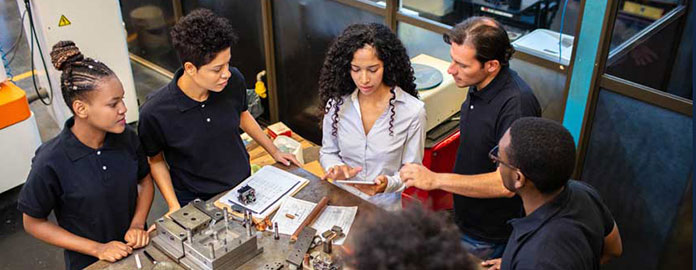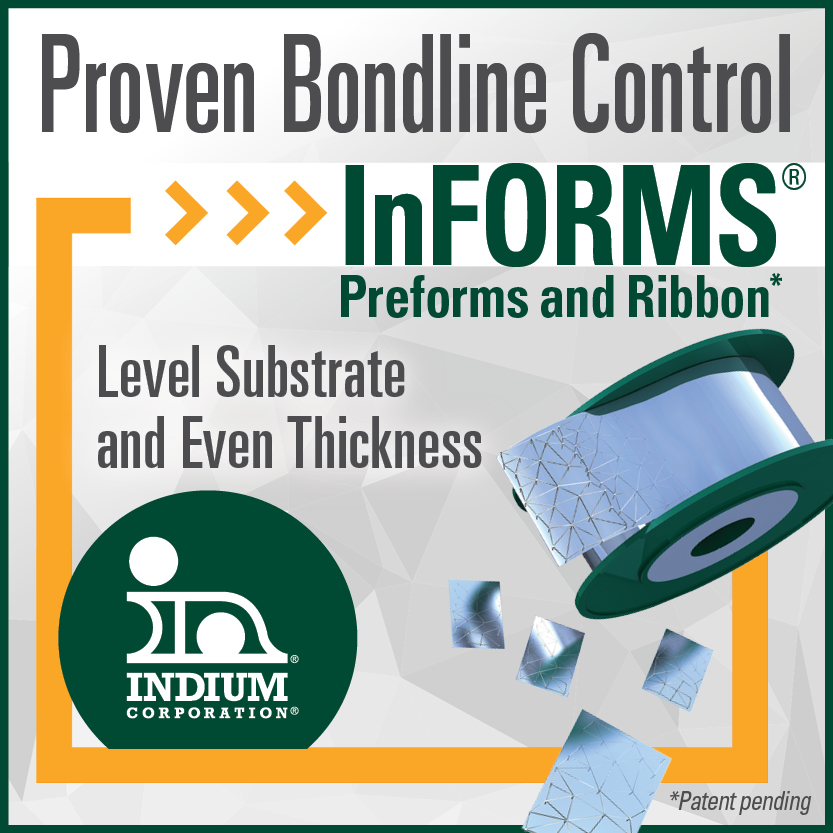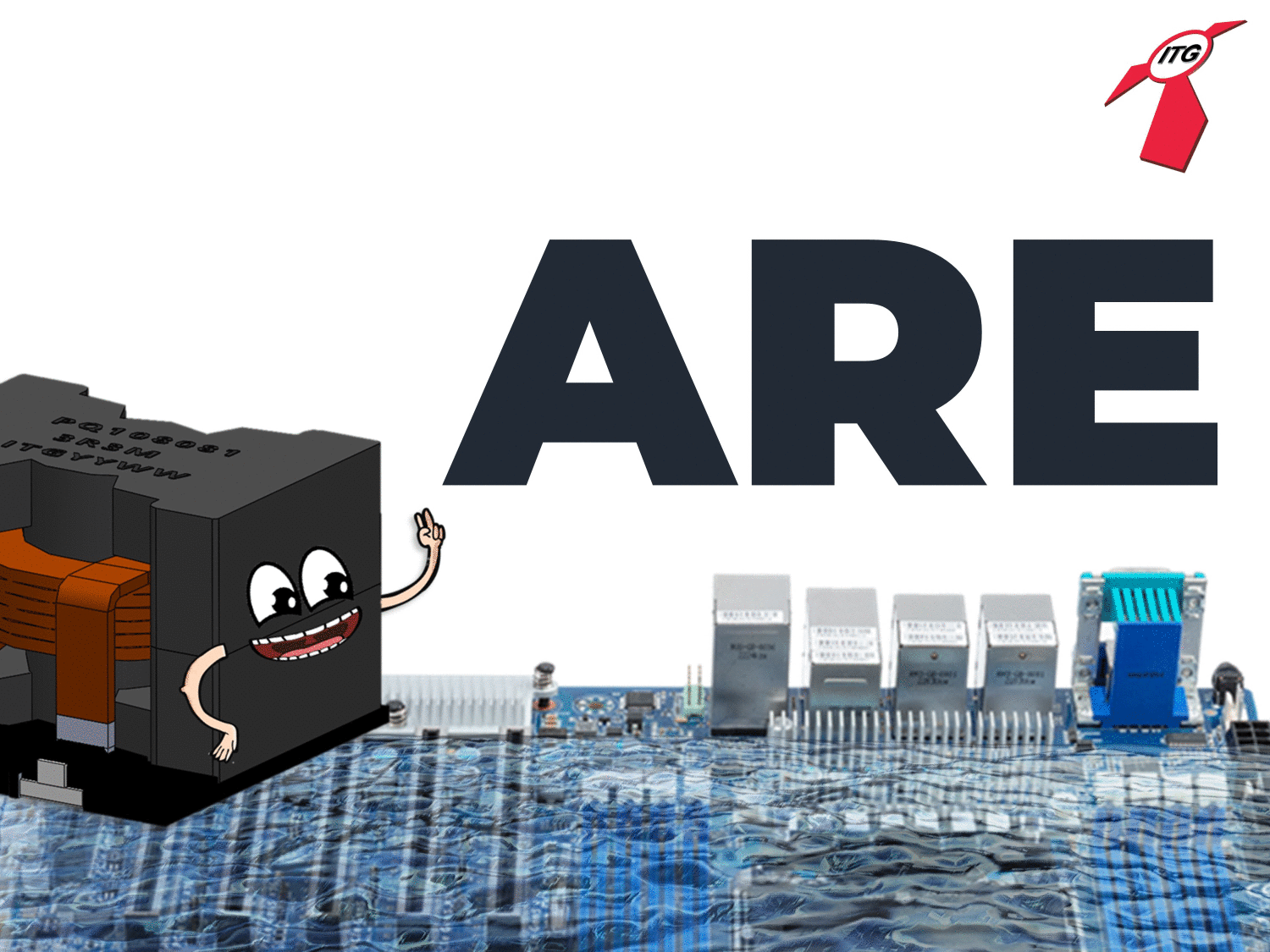committee scope
LEADERSHIP
Our Leadership

CHAIR
Kevin Hermanns
PE-Systems GmbH, Germany
Committee Members
Vice-Chair
Minjie Chen
Princeton University, USA
Vice-Chair
Subham Sahoo
Aalborg University, Denmark
Secretary
Xiaoze Pei
University of Bath, UK
More Information
Our
Activities
Programs, Events and Services
Over the years, technological advances have taken place in fields such as design automation, machine learning, artificial intelligence, and cybersecurity. With these developments, new design methodologies in the field of power electronics became conceivable, especially in the case of power electronic components and systems. New design methodologies for powerelectronics became a focal point starting with a few scientific papers. PELS has facilitated ideas for new design methodologies by hosting several initiatives and setting up TC 10.
TC 10 represents a research community within PELS that develops hardware and software tools for power electronics design. A further emphasis is on methods to ensure the data communication and cyber-physical security of power electronics systems and converter-dominated grid systems. As these methods can be applied to a wide range of applications, close cooperation with other TCs will be cultivated. Moreover, TC 10 helps to bridge the gap between academia and industry for the utilization of new design methods.
TC 10 also works on the following:
- IEEE Design Methodologies Conference (DMC): This conference brings together design automation, artificial intelligence, machine learning, and cyber-physical security methodologies for power electronics applications.
- PELS Cyber-Physical Security (CyPhy): CyPhy focuses on utilizing the expertise of PELS to define design phase hardware hardening and communicate the requirements within the field of interest. CyPhy organizes the CyberPELS workshop and focuses on transportation electrification, data centers, and transmission grid security.
Thank you to our generous sponsors
Your support of IEEE PELS is much appreciated. Interested in advertising here? Find out how to partner with us!






